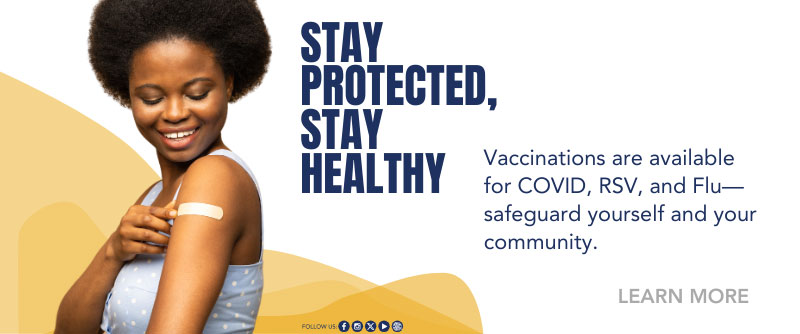Parents can help their children by providing them with medically-accurate, age-appropriate information about sex and sex-related topics. You are the number one influence in your child's life.
You are the number one influence in your child's life.
- 38% of teens continue to say that parents most influence their decisions about sex. By comparison, just 20% say friends most influence their decisions.
- Almost eight in ten teens (80%) say that it would be much easier to delay sexual activity and avoid teen pregnancy if they were able to have more open, honest conversations about these topics with their parents.
- Eight in ten teens (79%) wish they were able to talk more openly about relationships with their parents.
- Six in ten teens (63%) and adults (62%) agree that the primary reason teens don't use contraception is because they are afraid that their parents will find out.
- However, most parents say that if they learned that their teen was using contraception, they would be unhappy that they were having sex but happy that their daughter or son was using contraception.
2012 Data from the National Campaign to Prevent Teen and Unplanned Pregnancy
Parents Support Sex-Related Education
Parents overwhelmingly support teaching sex-related education in Mississippi public schools.
The 2012 survey of parents by the Center for Mississippi Health Policy found that a majority of parents think that comprehensive sex-related education should begin in middle school with a curriculum determined by public health professionals.
Effective Education Programs
Experts have identified critical characteristics of highly effective sex education and HIV/STI prevention education programs. Such programs:
- Offer age- and culturally-appropriate sexual health information in a safe environment for participants.
- Are developed in cooperation with members of the target community, especially young people.
- Help youth to clarify their individual, family, and community values.
- Help youth to develop skills in communication, refusal, and negotiation.
- Provide medically accurate information about both abstinence and also contraception, including condoms.
- Have clear goals for preventing HIV, other sexually-transmitted diseases, and/or teen pregnancy.
- Focus on specific health behaviors related to their goals, with clear messages about these behaviors.
- Address psychosocial risk and protective factors with activities to change each targeted risk and to promote each protective factor.
- Respect community values and respond to community needs.
- Rely on participatory teaching methods, implemented by trained educators and using all the activities as designed.
List from www.Advocatesforyouth.org
Abstinence-Plus Education: Facts and Myths
Myth: Teaching students about contraception encourages sexual activity and increases the chance of teenage pregnancy.
Truth: Expert panels that have studied this issue have concluded that comprehensive sex and HIV/AIDS education programs and condom availability programs do not increase sexual activity and can be effective in reducing high-risk sexual behaviors among adolescents.
Myth: Contraceptives fail so frequently that we should only teach teens to abstain.
Truth: Modern contraceptives are highly effective. The percentage of women experiencing pregnancy within one year ranges from 0.03 percent using Depo-Provera to nine percent using the cervical cap (with perfect use). Even imperfect use protects women far better than does using no protection. Rates of pregnancy with imperfect use range from 0.03 percent using Depo-Provera to 21 percent using the female condom compared to 85 percent of women using no protection.
Myth: Sex education teaches teens how to do it.
Truth: Comprehensive sex education gives information about a broad variety of topics including human development, relationships, sexual health, and decision-making. Such education focuses on giving young people the skills they need to make responsible decisions. Classes do not teach sexual techniques.
For More Information
- Ten Tips For Parentsfrom The National Campaign to Prevent Teen and Unplanned Pregnancy
- Student Health Statistics The Youth Risk Behavior Survey System periodically assesses the health behaviors of middle- and high-school students.
- Teen Pregnancy Information from the CDC

